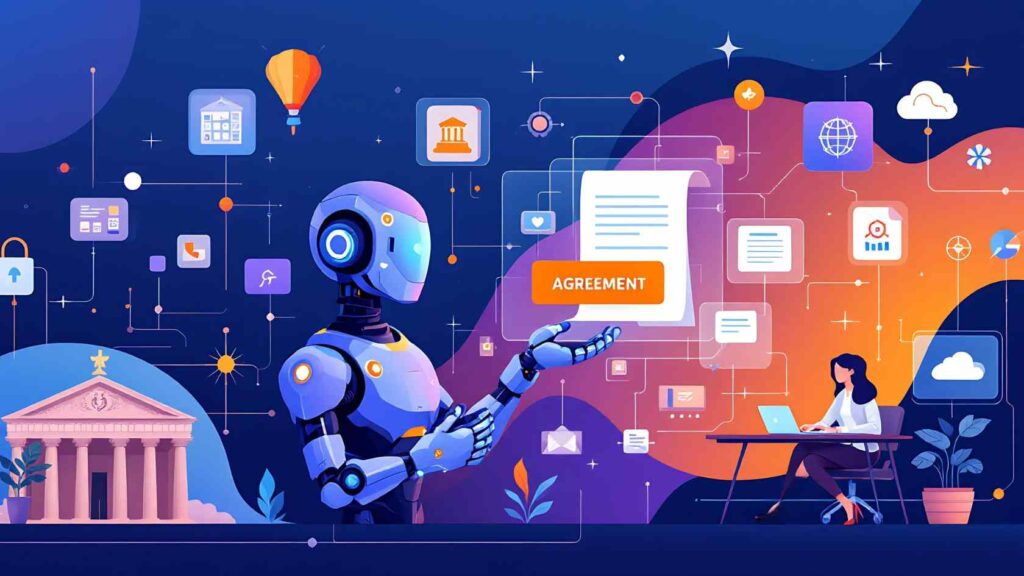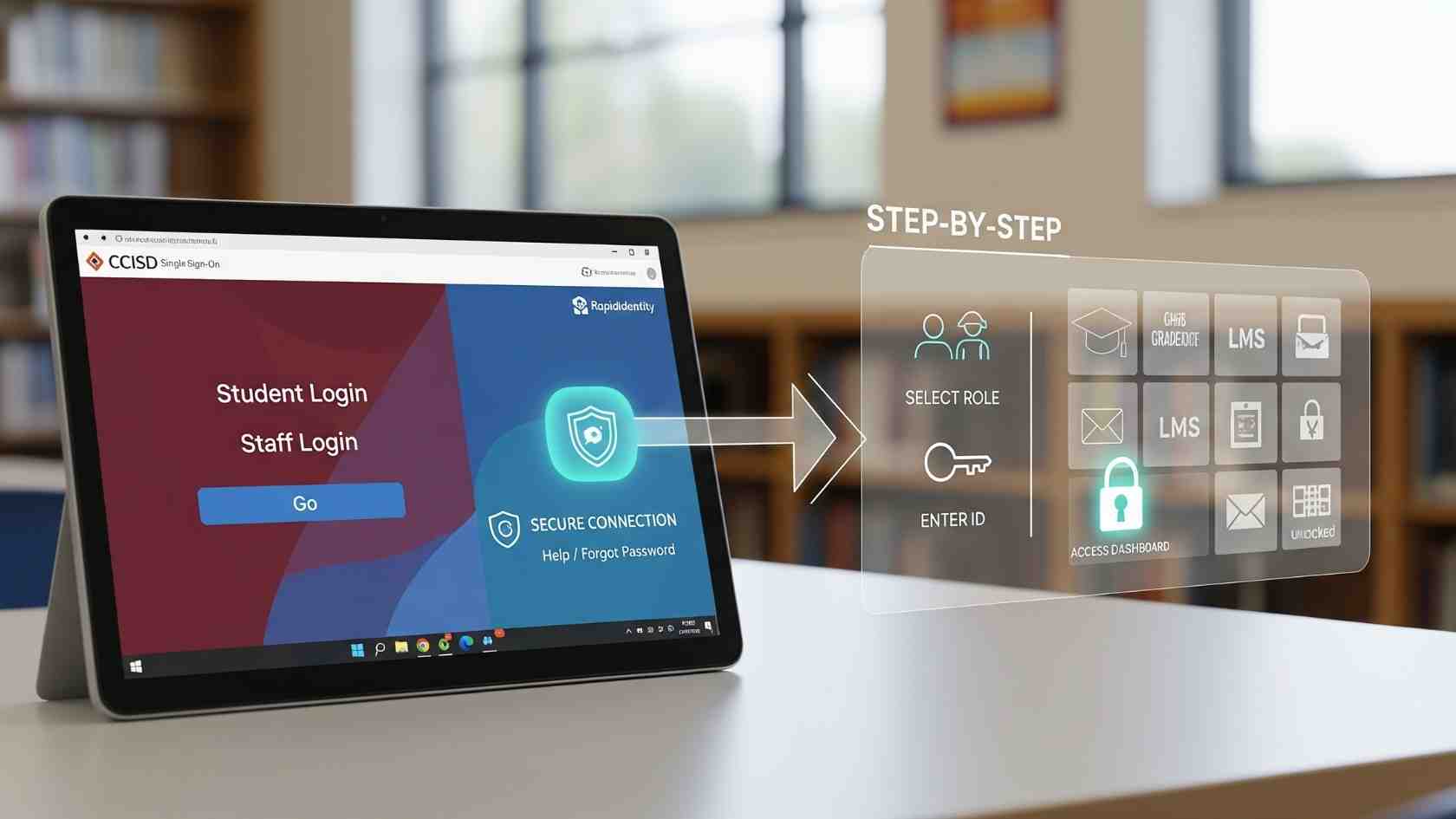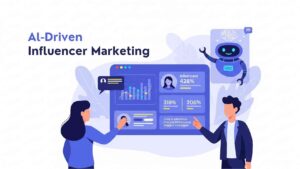Legal document creation can often be time-consuming, costly, and complex, particularly when it involves custom contracts. Traditional methods require drafting documents from scratch, reviewing lengthy legal texts, and waiting for approval from multiple parties. However, with advancements in artificial intelligence (AI), the process of creating legal agreements has become faster, more efficient, and more affordable. AI agreement generators are now changing how businesses and legal teams create and manage legal documents. These tools streamline contract creation, providing an automated, user-friendly solution without sacrificing accuracy or legal compliance.
What is an AI Agreement Generator?
An AI contract generator is a tool powered by artificial intelligence that automates the process of creating legal agreements. These generators use machine learning algorithms to create legally binding documents, tailoring them to specific needs based on user inputs.
Unlike traditional templates that might need to be heavily edited or customized, AI-powered tools create personalized contracts in a matter of minutes. By asking users a series of simple questions, agreement generator AI tools gather the necessary information and generate a contract that reflects the user’s needs, including relevant clauses, terms, and conditions.
The Traditional Contract Drafting Process
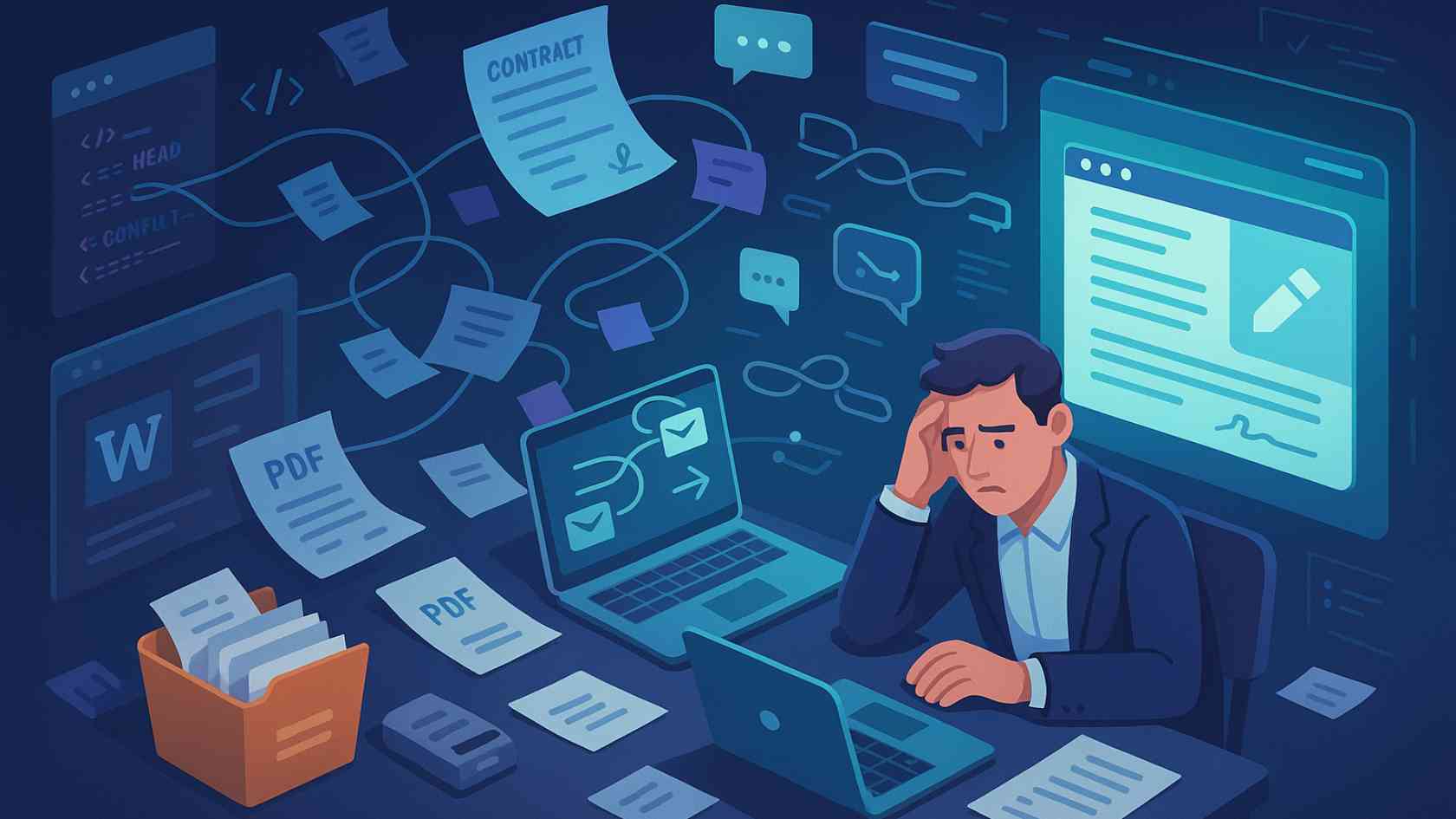
Before AI entered the legal document creation scene, businesses had to rely on traditional methods of drafting contracts. The process typically involved several steps:
- Drafting from scratch: Lawyers would create contracts from the ground up, carefully selecting clauses, language, and terms specific to each situation.
- Manual review: After drafting, legal experts or involved parties often provided feedback, leading to several rounds of revisions where they adjusted or added terms to the contracts. Ask ChatGPT
- Multiple stakeholders: For complex agreements, multiple people would need to review, negotiate, and approve the document, which could take weeks.
This process was not only slow but also costly, as businesses had to pay for legal consultation and spend significant time handling paperwork.
How AI Agreement Generators Work
AI legal contract generators simplify the contract creation process by automating most of the tasks traditionally performed manually. Here’s how they typically work:
- Inputting Details: Users input the basic details of the agreement, such as the type of contract, the parties involved, payment terms, and specific clauses.
- Template Selection: Based on the input, the AI selects the most appropriate legal template. The AI then tailors the template by filling in the relevant data and adjusting the language to reflect the user’s needs.
- Customization: The user can further customize clauses, add specific terms, or remove unnecessary language to ensure the document matches the project’s requirements.
- Final Document Generation: The system generates the final contract, making it ready for signing, sharing, or printing.
How AI Enhances the Drafting Process
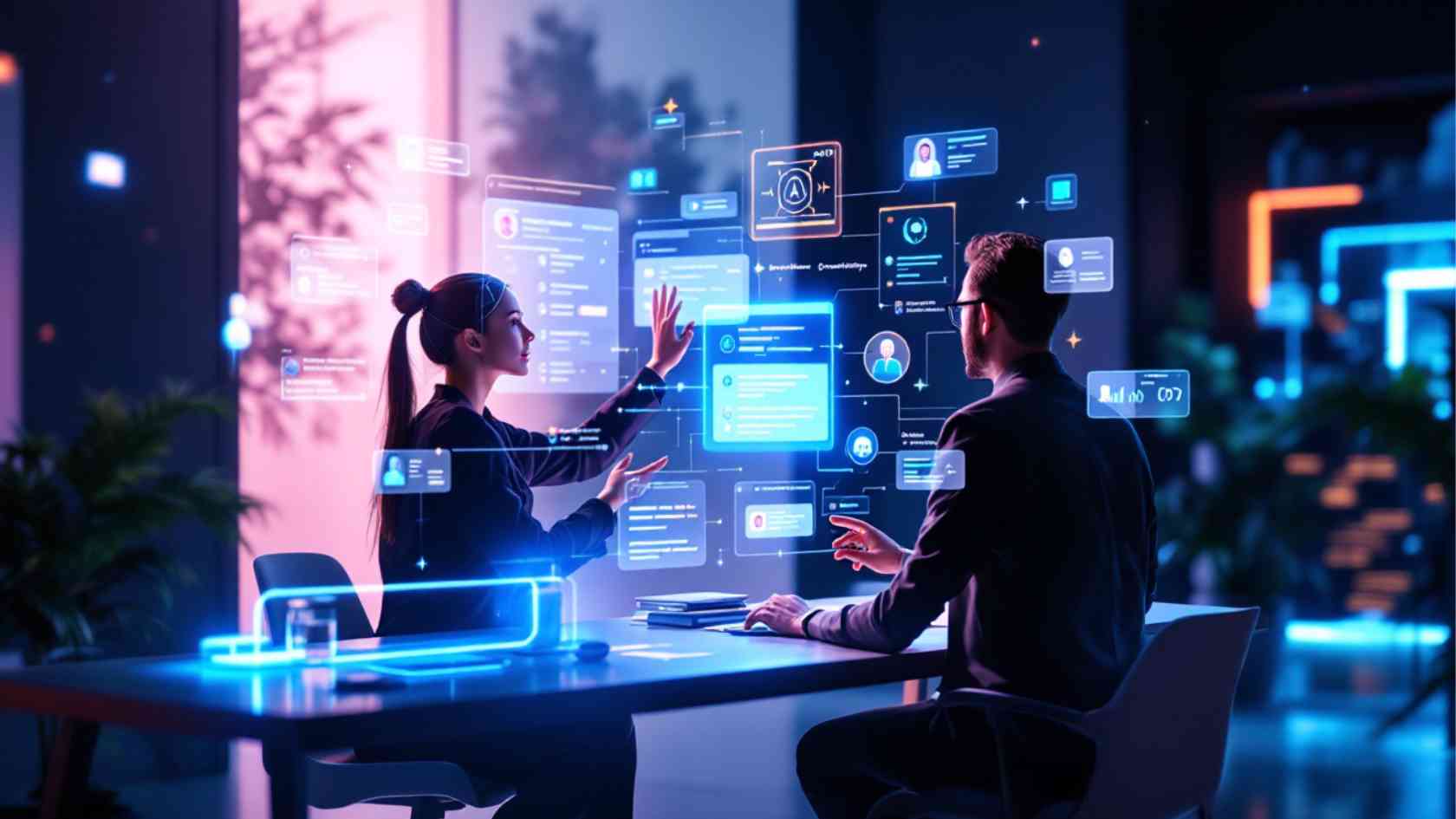
AI enhances the drafting process by removing the repetitive and time-consuming tasks associated with contract creation. Here are some ways in which contract generator AI tools improve the drafting process:
- Speed: AI contract generators create contracts much faster than humans. What once took hours or days can now be done in a matter of minutes.
- Consistency: AI tools ensure that contracts follow consistent formats and legal language, minimizing the risk of errors or inconsistencies.
- User-friendliness: AI tools are designed to be intuitive, making it easier for people without legal training to create professional contracts. The user interface typically asks simple questions, guiding you through the process step by step.
- Legal Compliance: AI tools are programmed to stay up to date with current legal standards, ensuring that they keep contracts compliant with local laws and industry regulations.
Core Features of Modern AI Agreement Generators
AI smart contract generators pack features that make them powerful tools for contract creation, such as:
- Pre-built templates
- Automated clause insertion
- Legal compliance
- Customization options
- Electronic signing
Benefits for Different Users
AI agreement generators offer significant benefits for different users, including:
- Freelancers: Freelancers often deal with multiple clients and projects, each requiring a customized contract. AI legal contract generators allow them to generate professional contracts quickly without needing to hire a lawyer for every agreement.
- Small Businesses: Small business owners benefit from AI tools by automating contract creation, saving on legal fees, and ensuring contracts are legally sound without investing in a full-time legal team.
- Legal Teams: Legal teams can streamline their workload by using AI to handle routine contract drafting. This frees up their time to focus on more complex legal matters that require human expertise.
AI vs. Human Lawyers: Complementary, Not Competing
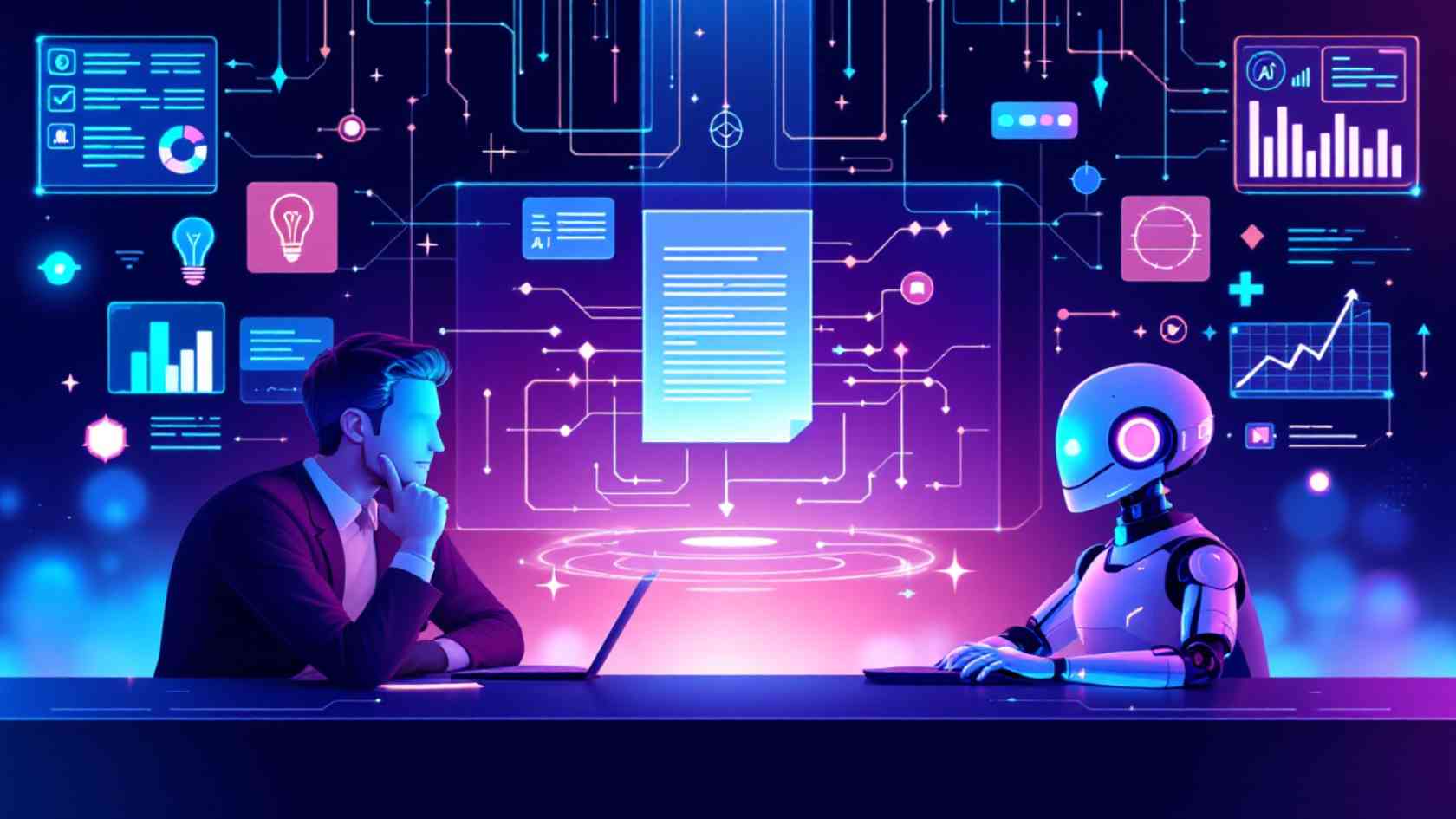
AI contract generators are incredibly useful, but they don’t replace the need for human lawyers. Instead, they complement the work of legal professionals by handling routine tasks and leaving the more complex work to experts. While AI tools can create contracts based on templates, human lawyers are needed for tasks such as:
- Negotiating terms: Lawyers play an important role in negotiating terms and ensuring that the interests of all parties are represented.
- Interpreting complex legal scenarios: While AI tools are great at generating standard contracts, they can’t interpret the nuanced legal contexts that lawyers can.
- Providing strategic legal advice: Lawyers offer valuable insights and strategic advice, helping businesses make more informed decisions.
In short, AI tools speed up the contract creation process, but human lawyers remain crucial for the more intricate and strategic aspects of legal work.
Limitations and Ethical Considerations of AI Agreement Generators
While AI agreement generators offer significant benefits, there are some limitations and ethical considerations to keep in mind:
- Lack of context: AI tools can’t fully understand the nuances of specific situations, which might lead to incorrect or inappropriate contract terms.
- Data privacy: Using AI tools requires sharing sensitive data, which raises privacy concerns. It’s essential to choose tools that prioritize security and ensure compliance with privacy laws.
- Over-reliance on technology: Relying too heavily on AI for legal tasks could lead to neglecting important manual checks. Human oversight is still necessary to ensure contracts meet specific business needs.
The Future of AI in Legal Document Creation
As AI technology continues to evolve, the future of legal document creation looks promising. AI agreement generators will become more advanced, offering even more sophisticated features, such as:
- Predictive capabilities: AI tools could predict contract outcomes based on historical data, allowing businesses to make more informed decisions.
- Enhanced customization: Future AI tools will be able to offer even more tailored contracts based on complex, real-time inputs.
- Better integration with other tools: AI contract generators will likely become more integrated with other business tools, such as CRM systems and project management software, further simplifying workflows.
Also Read: Beyond the Bot 8 Uses of Conversational AI in the Real World
Final Thoughts
AI contract generators are transforming the way businesses and legal teams create and manage contracts. By automating the drafting process, these tools offer significant time and cost savings while maintaining legal accuracy. While AI tools can’t replace human lawyers, they provide a valuable complement by handling routine tasks and allowing legal professionals to focus on more complex matters. As AI continues to evolve, it will undoubtedly become an even more integral part of the contract drafting process, offering faster, smarter, and more customizable solutions for businesses of all sizes.

